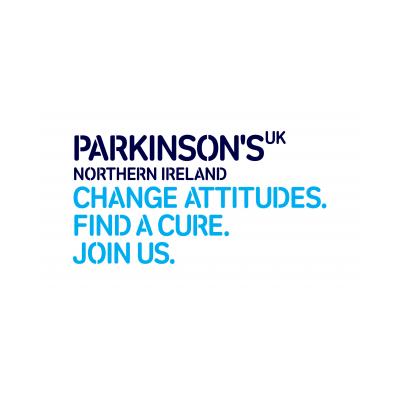Complexity of Parkinson’s ‘massively underestimated’
In a survey to mark World Parkinson’s Day (Wednesday 11 April), Parkinson’s UK has discovered that 78 per cent of the public massively underestimate how many symptoms of Parkinson’s there are.
Although most people are aware of visible symptoms like tremor, Parkinson’s can also come with more than 40 less well-known symptoms such as sleep issues, anxiety and hallucinations.
Shockingly, more than a third (37 per cent) thought there were less than ten symptoms of Parkinson’s and more than four in ten (41 per cent) thought there were less than 30.
The charity’s findings also revealed that the main symptom of Parkinson’s is thought to be a tremor (64 per cent), followed by slowness of movement (14 per cent) and muscle stiffness (13 percent) - which are merely the tip of the iceberg it warns. In fact, in a recent project carried out by the charity to identify priorities for improving everyday life, tremor came 26th on a list of what people with Parkinson’s want research to address.
Whilst physical symptoms can also include freezing – a terrifying symptom that can cause, without warning, a person to lose the ability to move, sometimes mid-step, it is the often-hidden symptoms that people with Parkinson’s say are the most easily misunderstood by the wider public.
Many people lose their senses of smell and taste. Some experience severe swallowing difficulties, making eating and drinking a struggle. Others experience depression and anxiety.
The findings come as the charity is joining forces with the 10 million strong global Parkinson’s community on World Parkinson’s Day, to highlight what Parkinson’s truly is and raise much needed public awareness and understanding of the condition, which affects 145,000 people in the UK and is projected to rise by a fifth by 2025.
The charity has previously highlighted its concerns that people with Parkinson’s feel they need to hide their symptoms in public, or don’t want to go out at all due to being incorrectly judged or mocked due to a lack of understanding the condition:
- A quarter (25 per cent) have had symptoms mistaken for drunkenness
- 11 per cent have been laughed at because of their symptoms
- More than a third (34 per cent) feel they would be judged
- Almost a third (32 per cent) don’t feel like their symptoms are socially acceptable
Nicola Moore, Northern Ireland Country Director at Parkinson’s UK, said: “Parkinson’s is an unlucky dip with such a broad range of symptoms that impact on every area of a person’s daily life, and each person is affected differently.
“Depression, anxiety, difficulty sleeping, eating and swallowing along with constipation are commonplace and can make daily life a struggle. Often people with Parkinson’s will feel they have got a handle on how Parkinson’s affects them then a new symptom will emerge.
“The lack of understanding of the range of symptoms can make simply stepping out of the door feel terrifying for people with Parkinson’s, both because of how unpredictable the condition is and the added fear of public humiliation or embarrassment.”
To help combat this lack of awareness, the #UniteForParkinsons campaign is giving a voice and platform to the Parkinson’s community by featuring their experiences in a world-wide campaign video, and encouraging others to do the same.
The charity has also launched a petition calling for business to #UniteForParkinsons by signing up to workplace training. Belfast International airport have already pledged their support.
Nabeel Gill, Head of Security at Belfast International Airport said: “We are dedicated to ensuring all our passengers get through the security procedures as stress-free as possible, which is why it was important that our security staff are educated on passengers travelling with Parkinson’s and how we can make sure we are empathetic to the person’s needs. We are pleased to be working with Parkinson’s UK to ensure all our security staff go through the correct training to help ensure their travel experience is a positive one.”
For more information, or to watch and share the campaign video, please visit uniteforparkinsons.org

Parkinson's UK
Wellington Park Business Centre
3 Wellington Park
Belfast
BT9 6DJ
United Kingdom
